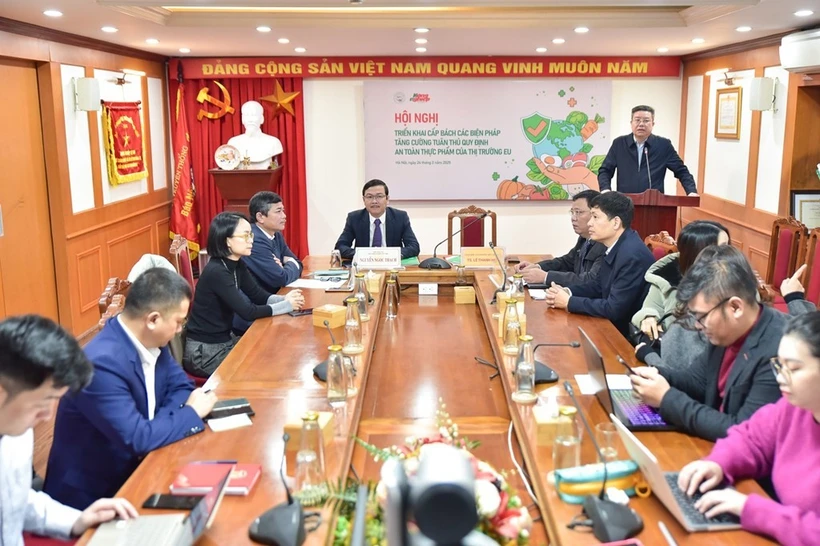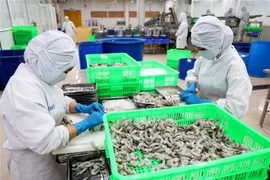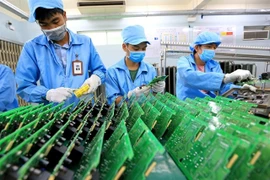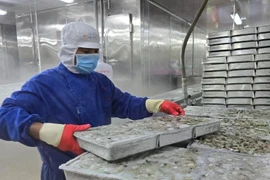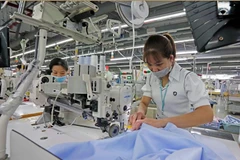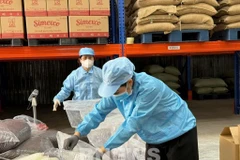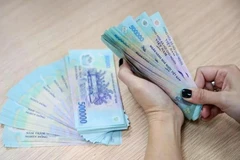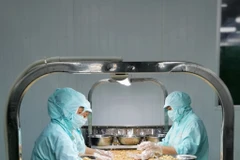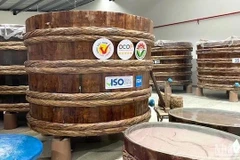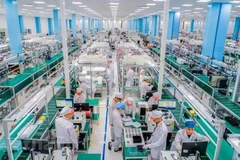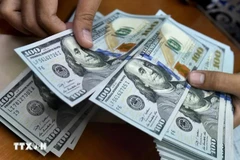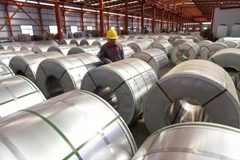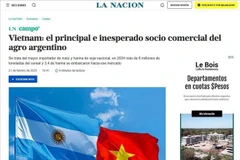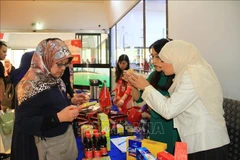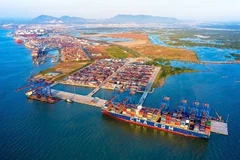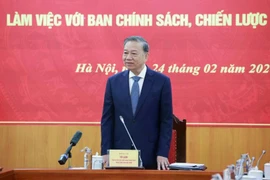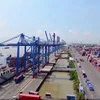Hanoi (VNA) – Businesses have been advised to develop comprehensive strategies for the European Union (EU) market to ensure consistent compliance with the market’s evolving food safety standards, particularly those concerning novel foods and composite products.
Speaking at an online conference on February 24, Ngo Xuan Nam, Deputy Director of the Vietnam SPS Office, said that under EU Regulation 2015/2283, novel food is defined as food that had not been consumed to a significant degree by humans in the EU before May 15, 1997. The regulation requires new products to undergo a thorough safety assessment before being introduced to the market.
Meanwhile, composite products are foodstuffs containing both products of plant origin and processed products of animal origin. If any of the ingredients are of animal origin, they must come from establishments authorised to export such products to the EU. This regulation came into force on December 15, 2022.
In order the help businesses to meet the EU food safety standards, Nam stressed the importance of keeping them updated on the standards, which cover food hygiene and safety, and disease control. These regulations are crucial for maintaining market access to the EU.
He highlighted the need for manufacturers to monitor the supply chain, raw material zones, and production facilities to ensure compliance with phytosanitary measures. He also recommended enhancing inspections at border gates and refining product testing procedures before export to prevent rejections. Long-term strategies must be developed for consistent compliance with EU regulations.
He pledged that the Vietnam SPS Office will strengthen cooperation with EU authorities to improve understanding and ensure product traceability. Nam noted that, in 2024, Vietnam received 114 warnings from the EU, primarily due to contamination risks, pesticide residues, and the presence of unapproved food additives. Many warnings were issued regarding novel foods not authorised by the EU. As of February 20, a total of 16 warnings had been recorded, mostly concerning the same issues.
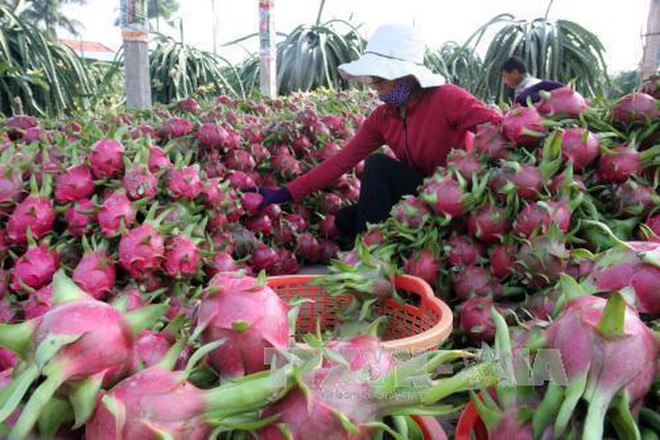
Dang Phuc Nguyen, General Secretary of the Vietnam Fruit and Vegetable Association, pointed to the need for clearer, more detailed guidelines on production, packaging, and export procedures.
He raised concerns about the misuse of GlobalGAP certification and its potential impact on the industry’s reputation, emphasising that businesses adhering to EU standards will help safeguard their market share and contribute to export growth.
At the conference, participants also discussed recent EU warnings, which have put Vietnam’s multi-billion-dollar food export market at risk./.
